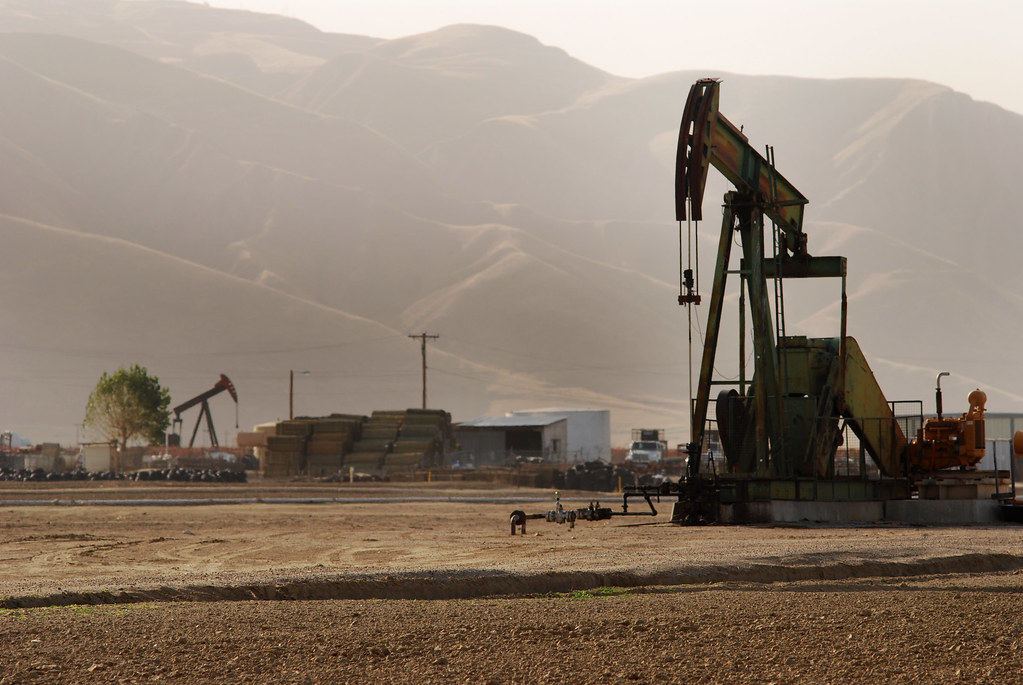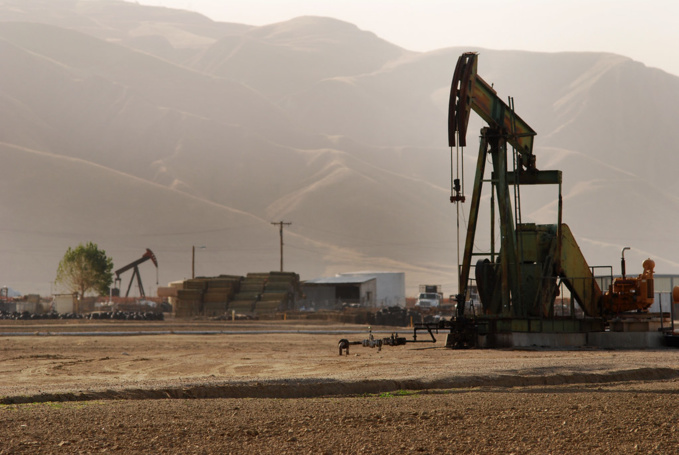The first oil stream that turned everything upside down was the high-sulfur grade Wyoming Asphalt Sour, which is mainly used for bitumen production.
In mid-March, the commodity trader Mercuria Energy Group asked for a price of minus 0.19 cents per barrel, in fact asking the producer to pay to get rid of their production.
"This oil has no access to the sea, it simply has no buyers. In regions where storage facilities are quickly filling, prices may become negative," noted Elisabeth Murphy, an analyst at ESAI Energy consulting company.
Reference grades of Brent and WTI, which are traded on US exchanges, fluctuate at levels above $ 20 per barrel. But in the world of physical oil, where real barrels of oil change hands, producers get much less because the demand for oil is falling due to the coronavirus quarantine.
Oil traders believe that deliveries of other oil are likely to soon see negative wellhead prices, as refineries reduce refining volumes, depriving part of the oil that is landlocked of access to oil pipelines.
Several grades of oil in North America are already trading at the same sign prices as the market is trying to force some production to close. Canadian Western Select oil, the benchmark for Canada’s giant hard-to-recover oil industry, fell to $ 5.06 on Friday. The Southern Green Canyon from the Gulf of Mexico costs $ 11.51 per barrel, the Oklahoma Sour is trading at $ 5.75, the Nebraska Intermediate at $ 8, and the Wyoming Sweet at $ 3 per barrel.
Earlier, Ryan Sitton of the Texas Railroad Commission tweeted that U.S. oil pipeline operators are asking manufacturers to limit oil production because they are running into storage shortages.
Earlier, Bloomberg reported that the surplus of American oil is growing so fast that at least one of the owners of the Plains All American Pipeline LP requires customers to prove that they have a buyer or a place for unloading the oil that they transport through the company's pipelines , agency sources say.
At a key storage facility in Cushing, more than half of the capacity is already full of oil, Bloomberg noted.
source: bloomberg.com
In mid-March, the commodity trader Mercuria Energy Group asked for a price of minus 0.19 cents per barrel, in fact asking the producer to pay to get rid of their production.
"This oil has no access to the sea, it simply has no buyers. In regions where storage facilities are quickly filling, prices may become negative," noted Elisabeth Murphy, an analyst at ESAI Energy consulting company.
Reference grades of Brent and WTI, which are traded on US exchanges, fluctuate at levels above $ 20 per barrel. But in the world of physical oil, where real barrels of oil change hands, producers get much less because the demand for oil is falling due to the coronavirus quarantine.
Oil traders believe that deliveries of other oil are likely to soon see negative wellhead prices, as refineries reduce refining volumes, depriving part of the oil that is landlocked of access to oil pipelines.
Several grades of oil in North America are already trading at the same sign prices as the market is trying to force some production to close. Canadian Western Select oil, the benchmark for Canada’s giant hard-to-recover oil industry, fell to $ 5.06 on Friday. The Southern Green Canyon from the Gulf of Mexico costs $ 11.51 per barrel, the Oklahoma Sour is trading at $ 5.75, the Nebraska Intermediate at $ 8, and the Wyoming Sweet at $ 3 per barrel.
Earlier, Ryan Sitton of the Texas Railroad Commission tweeted that U.S. oil pipeline operators are asking manufacturers to limit oil production because they are running into storage shortages.
Earlier, Bloomberg reported that the surplus of American oil is growing so fast that at least one of the owners of the Plains All American Pipeline LP requires customers to prove that they have a buyer or a place for unloading the oil that they transport through the company's pipelines , agency sources say.
At a key storage facility in Cushing, more than half of the capacity is already full of oil, Bloomberg noted.
source: bloomberg.com



















